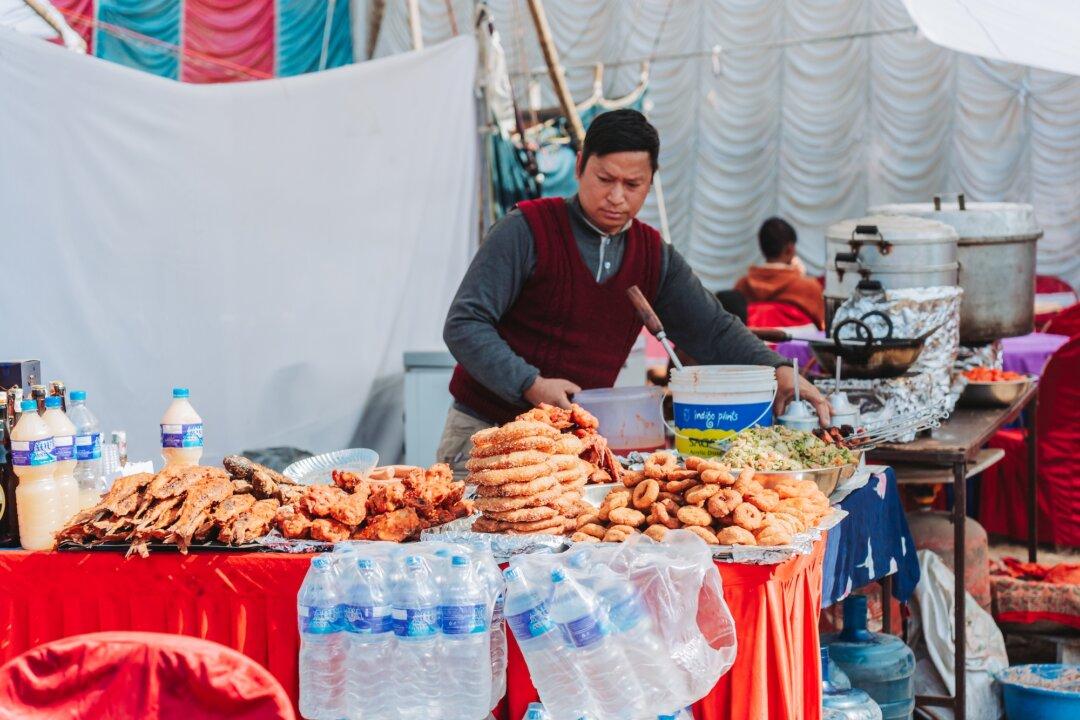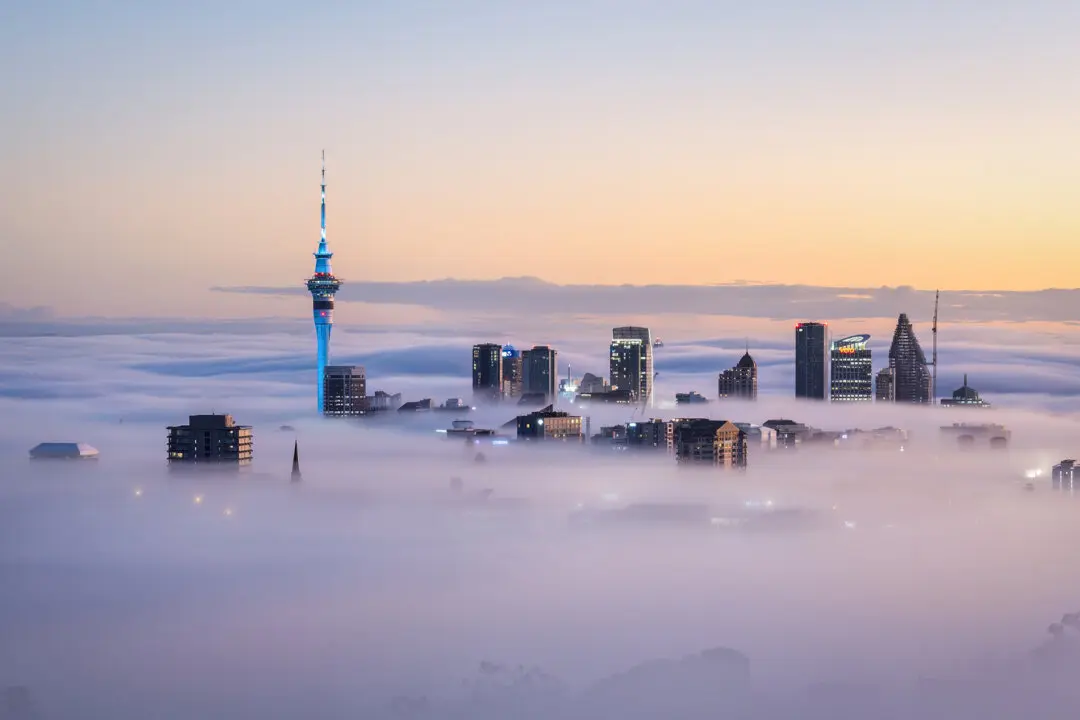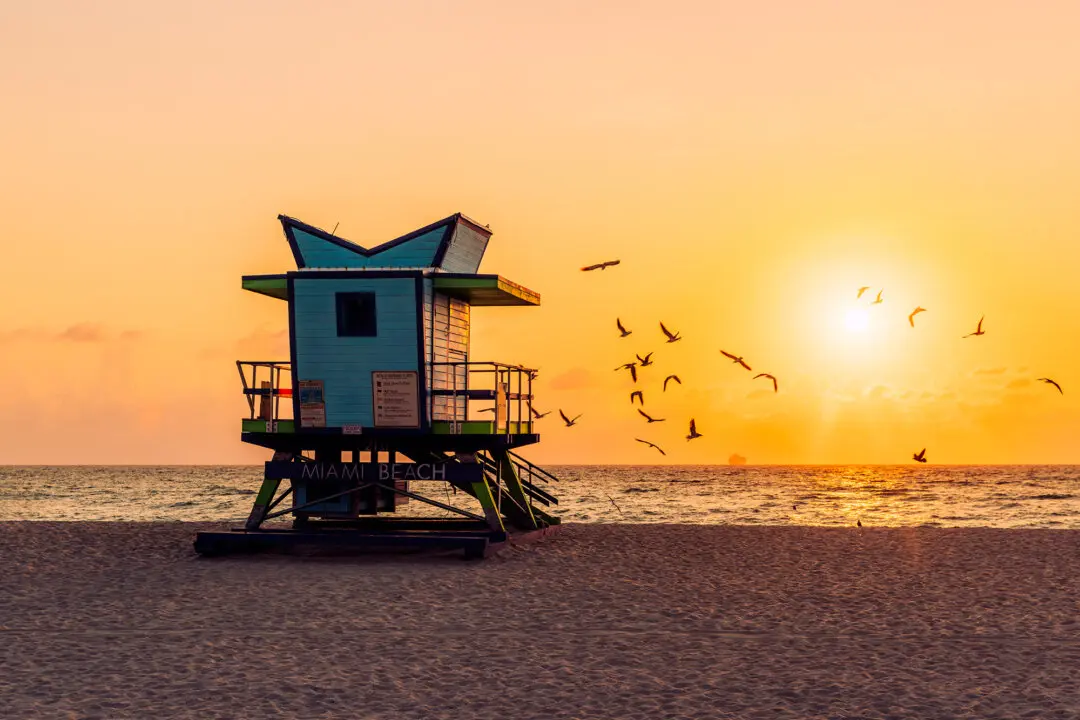It’s every traveler’s worst nightmare. A few hours after your last meal, you feel it. That unmistakable cramping. Perhaps some strange sweating. Just an overall feeling of being “off.”
You tell yourself nice things while you can. “Oh, you know, I’m just tired,” or “maybe it’s the jet lag” or “I always feel weird after I eat seafood.” Getting food poisoning is never fun. Even worse: being sick while you’re traveling. And while I won’t delve too deeply into the details, we can all pinpoint that moment on a trip when the reality of the situation becomes, well, unmistakable and undeniable.
This particular unpleasantness goes by a few different, destination-specific nicknames. “Delhi belly,” or “Montezuma’s revenge.” Experts say it’s usually related to something you ate or drank—food or liquids that were contaminated with bacteria or viruses. Some estimates say as many as 40 percent of travelers to developing countries will experience it.
Most cases just need to run their course and will subside after a few days. Our first reaction is almost always the same: “What did I eat?” And we proceeded to analyze our menus from recent meals, trying to isolate anything that seemed dicey.
As I’ve traveled the world, I’ve had a few notable cases of this unpleasantness. I’ll never know for sure what caused my worst case because I’d moved across four countries in the prior two days. But when I tell the story, I usually blame Kathmandu.
An Experience to Learn From
My stay there was typical for a travel writer traveling on a budget. I had come from central India, where I was on assignment writing about a tiger safari. The luxury lodge had provided the accommodations, which included a private villa and butler service. But in booking this last-minute trip to Nepal, just a short flight from Delhi, I was on my own.
So I looked for a hotel with excellent ratings and minimal room rates. In retrospect, I know now that I really should’ve spent more than $11 a night. That fact became immediately apparent the moment I stepped into the complimentary airport shuttle provided by my small hotel. Picked up in a battered, off-brand van, I squeezed into the backseat with a bunch of backpackers. Looking down, I could see the road whizzing by below through the holes in the floor of the van.
Checking into my room, it didn’t get any better. As it turned out, I had actually selected one of their pricier rooms, a corner suite with views out two sides. The problem: one window faced a nightclub where techno pop rocked late into the night. The other? An empty lot with guard dogs who barked constantly.
The bathroom floor was always wet, but I never determined the source of the dampness. As if conceding that they couldn’t figure it out either, hotel staff left a well-used pair of flip-flops at the door. Butler service was not provided.
Breakfast was provided on a sunny terrace. The food was okay, a mix of Western standards (eggs) and Nepali staples (fried dough in various forms). I once made the mistake of popping my head into the little kitchen. Suffice it to say, most North American health inspectors would’ve shut the place down immediately.
But I continued to eat there before venturing out to see this city’s many wonders. I visited markets and temples and funeral pyres. I hired a driver to take me to the edge of the Himalayas, and booked a scenic flight that took me near the peak of Mount Everest.
Too soon, it was time to go, and I had a long, strange journey ahead. Traveling to a conference in Tel Aviv was complicated due to the politics of the Middle East. So I flew, via Bahrain, to Amman, the capital of Jordan. After an overnight there, I booked a bus ticket to Israel.
Only, there was no bus. Instead, the company squeezed the three of us at the small “station” into a taxi, which, soon after rolling out, stopped to pick up two more people. It was a long, dusty, uncomfortable trip, but we finally crossed the land border to Israel and transferred to a small bus for the rest of the trip.
Arriving at my business hotel in Tel Aviv, I didn’t feel the usual excitement of being in a new city with a free day to explore. Instead, in the middle of the afternoon, I thought, Maybe I should take a nap. I told myself the usual things. I’m just tired. Yes, I feel off, but maybe it’s just the stress of my long and unusual journey.
It wasn’t—that quickly became apparent. In my memory, the next 12 hours are a blur. My room was on a high floor, and I remember looking out at the sparkling skyline. Thinking: Is anyone else out there dealing with this? And should I call someone for help?
I didn’t, and I awoke the next morning alive and feeling better. It had been a long, mostly sleepless, rather harrowing night. And now I was extremely thirsty. I don’t think I’ve ever craved anything more than I did a bottle of apple juice that morning.
The questions ensued. Was it the breakfast at that Nepali hotel, or maybe something I ate for dinner in Kathmandu? I had hummus in Amman. Can hummus cause food poisoning?
I’ll never know. And I’ll never forget that night. But emerging to finally explore this new-to-me city strung along the shining waters of the Mediterranean, I felt life pouring back into me. The excitement was even more heightened. Food poisoning is never pleasant. But I’ve learned that it’s just one of those costs that must be paid sometimes in exchange for the pure wonder of travel.





